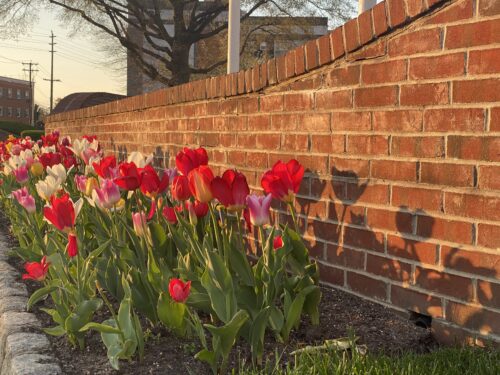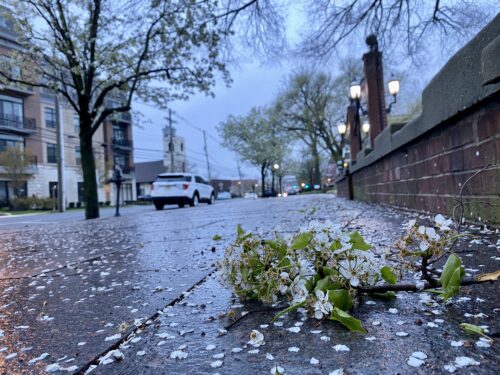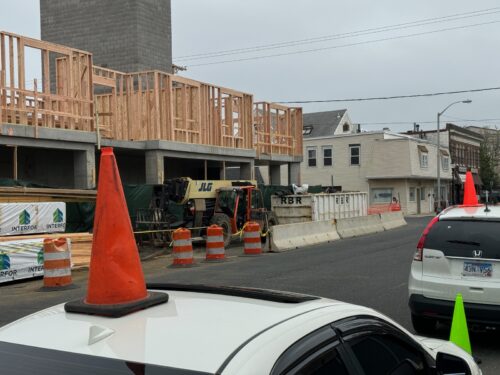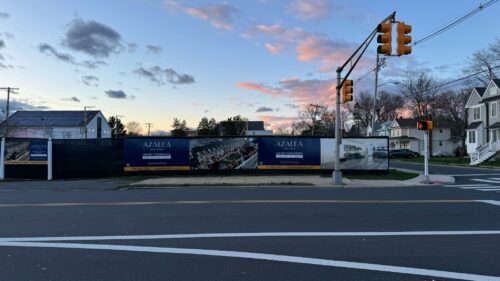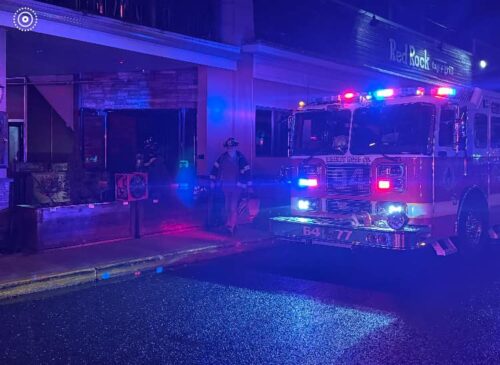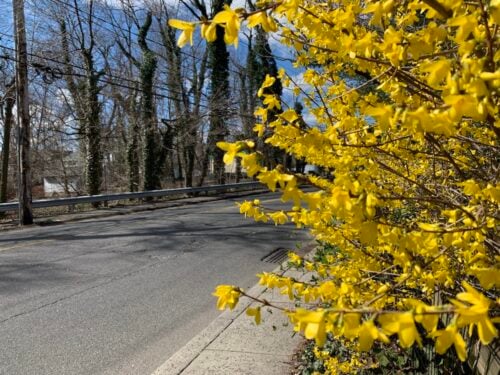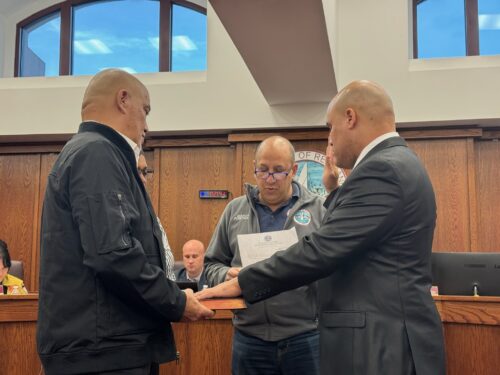Once a month at Teak, after the diners have finished their Asian-fusion sushi, a merengue band sets up in the front room and the place explodes with sounds from south of the border.
In fine weather, the large windows on three sides of the room are thrown open, turning the place into a throbbing lanai on Monmouth Street as salsa dancers spill out into the parking lot.
Well, it may be the dead of summer, but it’s time to button up, borough officials say.
The borough council is dialing up a campaign against nighttime noise with a proposal that would force clubs and restaurants to shut their doors and windows after 11p when they’re playing music, whether live or recorded.
“As more and more places go to big open windows which is lovely the noise is becoming more intolerable for the neighbors of those establishments,” says Councilwoman Grace Cangemi.
A recent surge in residential life in the downtown district is driving the move, Cangemi says. “Especially as we encourage more mixed-use development, we want to make sure everyone knows what the rules are,” she says.
Mayor Pasquale Menna is more critical of the bars and restaurants. He says that there seems to be an arms race of sorts in which “establishments are dueling with each other for decibel levels.”
The council introduced an ordinance Monday night that would require all non-religious establishments to close their portals when playing music after 11.
It doesn’t say the music must halt; only that the doors and windows have to be closed.
Cangemi, who spent many years working as stage manager for rock and jazz concerts “joy of joys, I’ve worked for every horrible heavy metal act in the world,” she says now runs the Rock ‘ Roll Music Fund, a charitable organization that puts on shows to rase money for needy causes.
“After a lifetime in the music business, I’m the last person to say we want to stop the music,” she says. “We just want you to close the doors.”
Under ordinances already on the books, there are decibel limits on allowable noise, and clubs must close at 2a. Fines for violations range up to $2,000.
Menna says there should be no first warnings to violators of the proposed law. “I’m of the firm belief that after you give them notice (of a new ordinance), you shouldn’t give a grace period,” he says.
The one club manager redbankgreen has been able to talk to about the ‘shut it’ rule so far was unfazed by it.
“We usually do it most of the time anyway,” says Kira McElwain, of Red, on Broad Street.
Cangemi said that while the proposed ordinance has its roots in complaints from residents, it came about after she, Menna and Councilman John Curley tried to have a conversation one night recently in the parking lot of borough hall. They couldn’t hear each other over the music coming from Buona Sera on the opposite side of Monmouth Street, she said.
A public hearing on the proposed ordinance is scheduled for the next council meeting, at 5:30p July 9.




